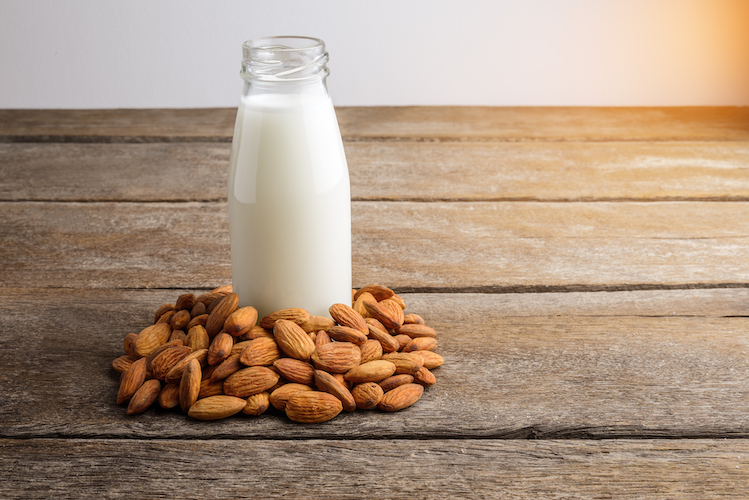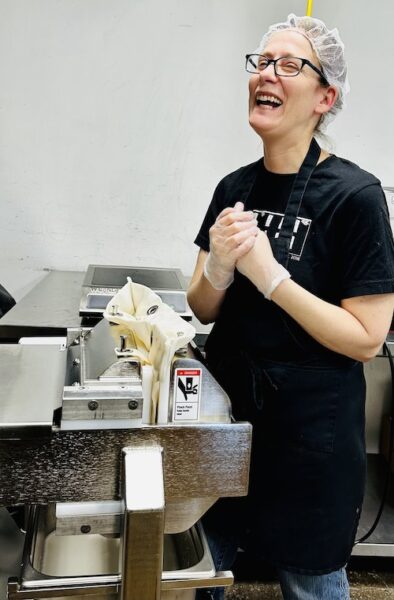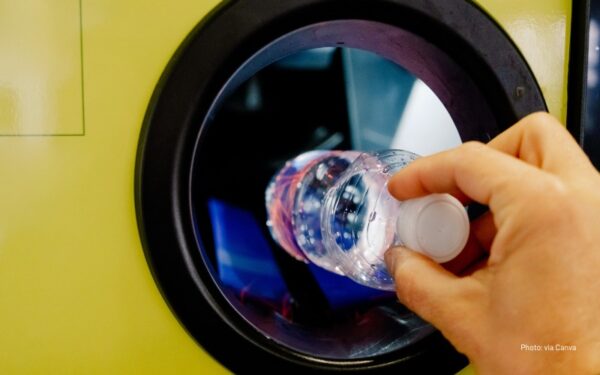
The Whole Almond is a Maine food start-up that sought out legal advice from The Legal Food Hub. Photo: Shutterstock
Myranda McGowan started making her own almond milk at home when she noticed that cow’s milk was causing stomach upset in her family.
“I was at first buying almond milk at the store,” recounts McGowan. “Then I realized after looking at the ingredients and doing research that most almond milks at the time weren’t actually made with a lot of almonds, just about two or three per container.”
Instead, they were filled with thickeners, fillers, sugars, and synthetic ingredients designed to mimic the taste of cow’s milk. She was appalled. So, she decided to soak her own almonds in water overnight before grinding and straining them the next morning with a cold press juicer.
“I realized it tasted so much better and was better for me,” she says. “Then I started giving it to friends and family, and they all really, really liked it.”
And that is how McGowan’s small food start-up, The Whole Almond, was born. McGowan rented space at Fork Food Lab in Portland, Maine, a shared commercial kitchen space, and began the time-consuming process of making lots and lots of almond milk.

In 2016, when McGowan needed to establish her business as a limited liability company, she turned to the Legal Food Hub for help. She was paired with attorney Andrew Kraus of Opticliff Law in Portland, which specializes in business and trademark law.
“When you’re a solo business owner who’s just starting out having to do everything yourself, it just made it so much easier,” she says. “They did all the legwork for me, so all I had to do was sign paperwork and answer questions.”
The Whole Almond’s business went, well, nuts. McGowan sold her milk in seven stores and several farmers’ markets and supplied a couple of food businesses. Before the pandemic hit, she was selling about 150 quarts a week.
While the pandemic forced McGowan to take a two-year pause, it was just long enough to plan what she calls The Whole Almond 2.0. The former transportation planner is now working to expand her product offerings beyond milk.
Her planned expansion has led her to contact the Legal Food Hub for more legal advice. Should she change the business name if she offers chocolate cashew milk? What would it take? Opticliff Law helped her research a name change, although she ultimately decided to stick with the name The Whole Almond, which is, after all, kind of snappy.
Having access to free legal advice has made a huge difference, she says.
“I think if you’re facing issues that require legal counsel, it just gives that security of knowing that you can find the answers and solutions that you’re looking for that you might not otherwise be able to afford.”



